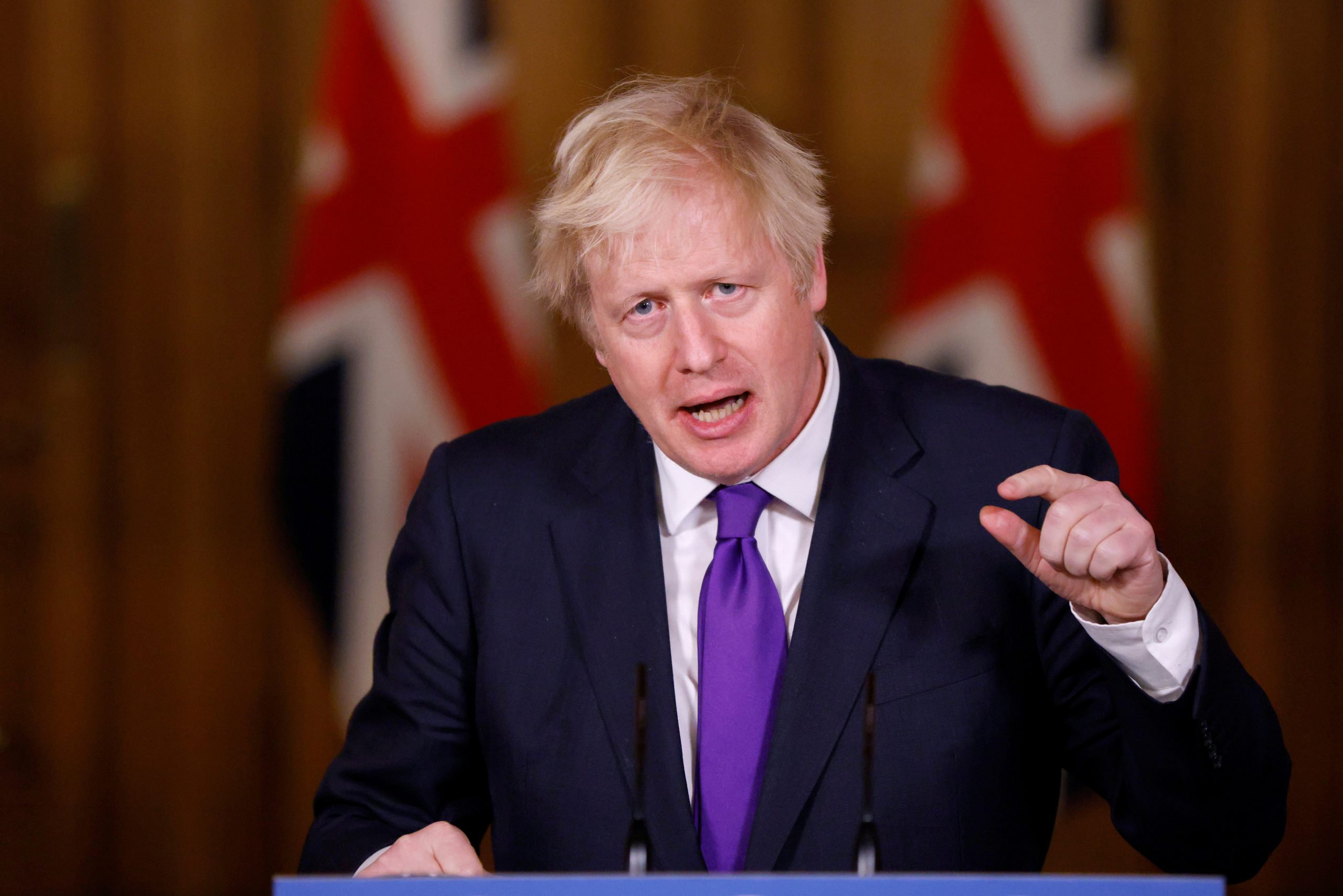
Boris Johnson has announced an “ambitious” new target to cut carbon emissions by at least 68 per cent of what they were in 1990 by 2030. This is a significant increase on the previous target of 53 per cent by 2030, and in line with the Climate Change Committee’s recommendations.
[see also: Low-traffic neighbourhoods: How the culture wars came to a street near you]
This is very welcome news. One of the biggest problems with the government’s target of net zero by 2050 is that it has provided the government with an excuse not to do the bulk of what is necessary to meet a net zero target immediately. A 2030 net zero target, as proposed by Labour and the Greens, necessitates doing everything now. The 2045 target set by the Liberal Democrats also envisions doing everything now, with most of the way to net zero achieved by 2030 and the 15 years afterwards representing the “long tail” of the most difficult final steps. The 2050 target as adopted by the Conservatives, however, has given the government the illusion of time it doesn’t really have.
[see also: How Labour can outflank the Conservatives’ “green revolution”]
We are not on track to meet the 2050 target because we don’t have the policies in place now to deliver it, despite positive announcements from the Prime Minister with his ten point plan. So far, we are only a third of the way to achieving the annual emissions reductions needed to deliver net zero by 2050. This is, basically, the easy third, with reductions mainly coming from decarbonising the UK’s energy supply. The next two thirds, in sectors that are more difficult to decarbonise, represent much more of a challenge. Under successive Conservative governments and a 2050 net zero target, difficult decisions have tended to be put off to another day.
The major difference between the Conservatives and opposition parties on the climate emergency is, at its starkest, a difference between “not now” and “now”; between action soon, and action immediately (with the caveat that there are, of course, some individual Conservative politicians who are passionately committed to this agenda). Whether aiming for net zero by 2050, 2045, or 2030, the changes need to be made now, and thinking more ambitiously in terms of the next decade is the right approach. But, as with the 2050 target that we aren’t on track to meet, Boris Johnson’s new target needs to be accompanied by a detailed policy plan and action. Now.
[see also: Boris Johnson’s ten-point green plan falls far short of what is needed]





